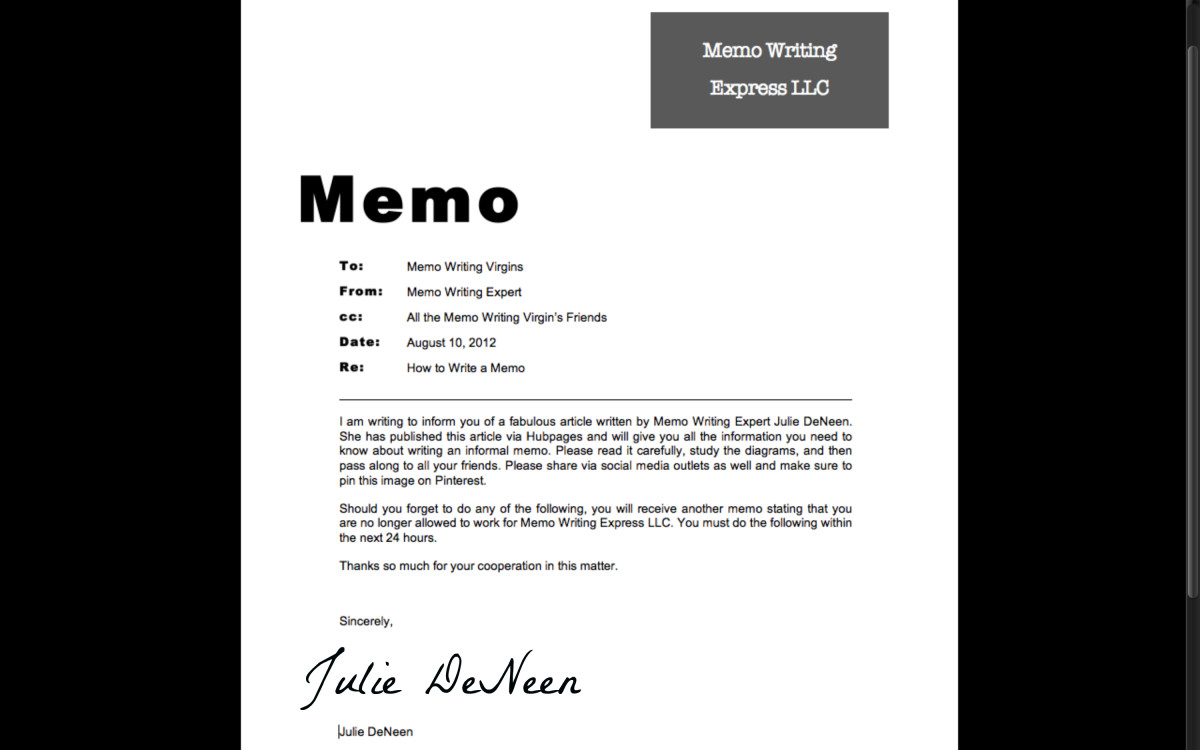The Writer's Mailbag: Installment #300
HAPPY 300
Don’t ask me how we’ve done it. I’m as surprised as anyone that this series has continued for three-hundred installments. Each week I expect the questions to dry up and the series to die, but here we are, proving me wrong once again.
Why is this series so popular and long-lasting? In my humble opinion it’s all about the people. Here in the Mail Room you will find a loving, sharing, supportive meeting place. People genuinely want to help each other with writing, but I think it goes beyond that. People genuinely care about each other in the Mail Room. Many of us have known each other, online, for a few years. We know what is happening in our personal lives. In fact the comments are, quite often, more about life than they are about writing, and I think that is very cool.
People always tell me how much they look forward to the Mailbag arriving each Monday. Well I’ve got a secret to share: I love it just as much as you do.
Long Live the Mailbag and thank you, all, for being a part of this fun series.

Too Much Filler
From Zulma: “Right then, I understand about adding descriptive text to flesh out and add more layers to the characters and story. At what point does it become too much information?”
Zulma, that’s really a great question. Can the author really gauge how much filler is too much?
I found this from Writer’s Digest:
“Learning the art of avoiding too much description is ultimately the art of controlling your narrative. When you’re able to move past description as merely description and bring it into play as a technique for advancing plot, character, and theme, through the judicious choice of telling details, you will raise the entire tenor of your book.”
That really says it all. Description must have a purpose. It is a tool for advancing your story. But back to my question: can the writer tell when too much is too much? I think, with time and practice, yes, but until that time arrives, the help of a trusted writing friend, writing mentor, or writing coach would be beneficial.
And one final word: if you think you are using too much filler, you probably are! And if the flow of the story slows noticeably, you probably are!
How to Become a Freelance Writer
From Sarah: “I hear that term daily, ‘freelance writer,” but what exactly does it mean, and how would I become one if I was so inclined?”
The first question is easy to answer, Sarah. The second one, not so easy.
A freelance writer is someone who writes for pay and is an independent contractor, meaning they are not an employee of some company. Now there is a variety of ways you can do this. You can be a blogger with a monetized blog. You can write articles for a company blog owned by someone else. You can write articles and sell them to magazines or newspapers on an individual basis. And, actually, if you are making money on HubPages, technically you are a freelance writer.
How to become one? How much time do you have? Again, technically, if you signed up for HP, and you made money after six months, you became a freelance writer. But let’s say you actually want to “make a living” as a freelance writer and actually pay bills doing so.
Here are a few things you can do to set yourself up for success:
- Create an online portfolio (blog or website)
- Work on your craft constantly
- Decide what kind of freelancer you want to be
- Pitch for jobs or begin marketing yourself
- Invest in yourself
- Don’t quit your day job
- Learn persistence
Pick and choose from that list. There is no single way to become a freelancer. I know people who make over $1,000 per month by monetizing their blog and marketing that blog. I know people who make over $1,000 per month (me included) by writing articles for businesses. And I know people who make over $1,000 per month writing articles for magazines and newspapers.
You will have to decide which route you want to take and then research the hell out of that path. It’s a dog-eat-dog world out there, and freelancers fail many more times than they succeed, so I wish you good luck in advance.

Bringing Inanimate to Life
From John: “Hi Bill,
“I wonder if you have any tips in regard to personifying inanimate objects in stories. I have done it a few times seemingly without problems e.g. a short story I wrote called "Edward the Armchair."
However, with the latest I wrote in response to your picture prompt, "Charlie's Winter Run," you seem to be one of the few who realised that Charlie was the red train carriages. Most other commenters seemed to think Charlie was a man who lived in and maintained them. I obviously needed to make it clearer, but I am not sure how I could have. Thanks,”
John, if it helps, I re-read that story of yours, and for the life of me I don’t know why others were confused.
I suspect, John, and I might get in trouble saying this, but those who were confused might have skimmed through the story quickly. I’ve caught myself doing that from time to time on HP. I’m in a hurry, I have several articles to read, and I miss an important detail in the article/story.
Let’s go with that and also go with the fact that your story was well-written and not confusing at all.
How to personalize an object? Give it some humanity. Give it emotions. Give it senses. It really isn’t that hard to do, and it’s a fun writing exercise for all to try. Write a flash fiction about a toy, like in “Toy Story,” or challenge yourself and write a short story about a window.
Great fun and practice!

That’s a Wrap on 300
5.76 years of the Mailbag. Pretty cool if you ask me.
Eric mentioned the other day that when the Mailbag started, his youngest son was five. Today that boy is ten. I have had the opportunity to “watch” that boy grow up. I have had the opportunity to celebrate with writer friends as they battle back disease (REMISSION ROCKS!) and I have had the honor to “be with them” as loved ones passed. In other words, for the last five-point-seven-six years, you have all been my extended family, and I thank you for it.
Blessings and love always
Anyone looking for a writing coach? I’ll take you on, unlimited coaching for a month, fifty bucks flat fee. Hit me up at holland1145@yahoo.com if interested.
Bill
2020 William D. Holland (aka billybuc)
“Helping writers to spread their wings and fly.”








